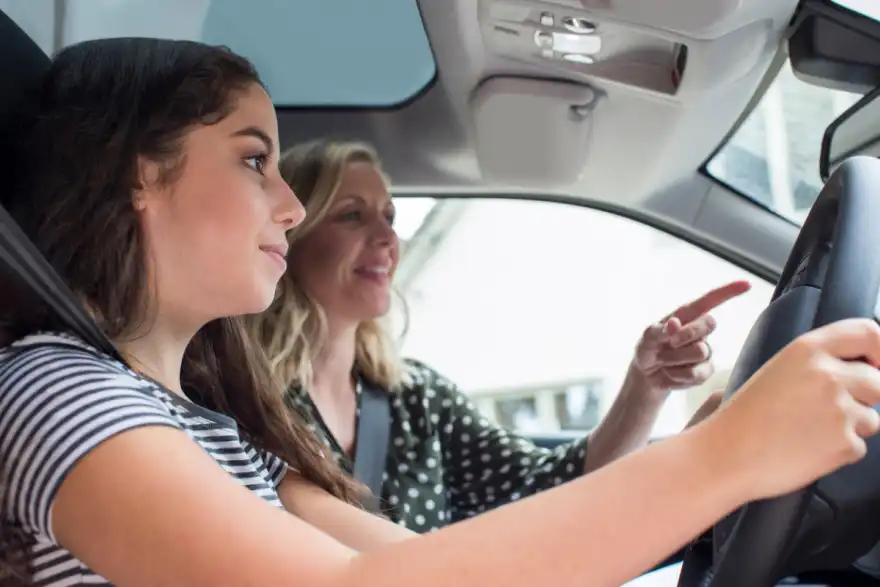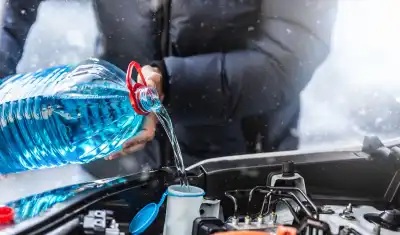
Private driving practice allows new drivers to get valuable on-road experience. This may boost their chances of passing their practical driving exam.
If you intend on supervising a motorist with a provisional licence as they learn to drive, there are regulations you have to make sure you meet.
Requirements for supervising a learner driver:
- Be at least 21 years old. (Some insurance policies may have different terms and conditions and may require the accompanying driver be older than the minimum required by law. Always check the terms and conditions to make sure).
- Not receive any payment for supervising the learner driver unless they are an approved driving instructor.
- Have had a full driving licence for at least three years. (Some insurance companies require this to be at least three consecutive years).
- Be qualified to drive the type of vehicle being used for practice. For example, they must have a manual car licence if supervising the learner in a manual car.
- Meet the eyesight standards for driving.
- Comply with road laws that would typically apply to the driver. For example, not drinking, using a mobile phone or falling asleep.
Requirements for the learner driver:
- The individual must be a minimum of 17 years old.
- They should possess a valid provisional licence appropriate for the vehicle type, either manual or automatic.
- The learner driver must meet the legally mandated eyesight standards for driving.
- A person supervising the learner must be at least 21 years old, possess a valid driving licence for a minimum of three years, and serve as the supervisor.
- "L" plates (or "D" plates in Wales) must be clearly displayed on the front and back of the practice vehicle.
Requirements for the vehicle used for practice:
- The car must be registered with the DVLA.
- Up-to-date vehicle tax is required.
- Adequate insurance coverage for the vehicle must be in place.
- If the vehicle is over three years old, it should have a current MOT certificate to ensure roadworthiness.
- The vehicle must be deemed safe to drive.
Additionally, the learner driver's insurance should cover them while they are driving the practice vehicle.
Driving without proper supervision may lead to fines of up to £1,000 and a maximum of six penalty points on the learner driver's provisional license.
Supervising best practices
Sit in the front
You are considered to be in control of the car as a supervising driver. You'll need to sit in the front passenger seat to be able to act if something goes wrong on the road.
Practice at different times of day
As long as the legal criteria are met, learner drivers can drive at any time of day or night. Taking driving lessons at night also allows learners to have more experience driving in the dark and adjusting to diverse driving circumstances.
Don't go on the motorway
Provisional licence holders are not permitted to drive on the motorway unless accompanied by an authorised driving instructor in a vehicle equipped with dual controls and properly displaying L plates.
Don't use your mobile phone
Using a mobile phone while supervising a trainee driver is prohibited. This is because you have the same legal duties as a driver as an instructor. While the learner driver is behind the wheel, you should pay close attention to them. You'll be less able to react if something happens.
If found using your phone during a lesson, you might face a £200 fine and 6 penalty points on your licence.
Refresh your knowledge of the highway code
Driving laws may have changed since you had your licence, and you may have developed some poor habits. It's important to take your time learning any new regulations and reminding yourself of those you may have forgotten.
Stay calm
Avoid shouting, except in emergencies, and refrain from using sarcasm, as these actions will only heighten the learner's stress and diminish their confidence. Keep in mind that the learner lacks your driving experience and is likely to make mistakes.
Have you supervised a learner driver or have any other tips? Leave them in the comments section below........




